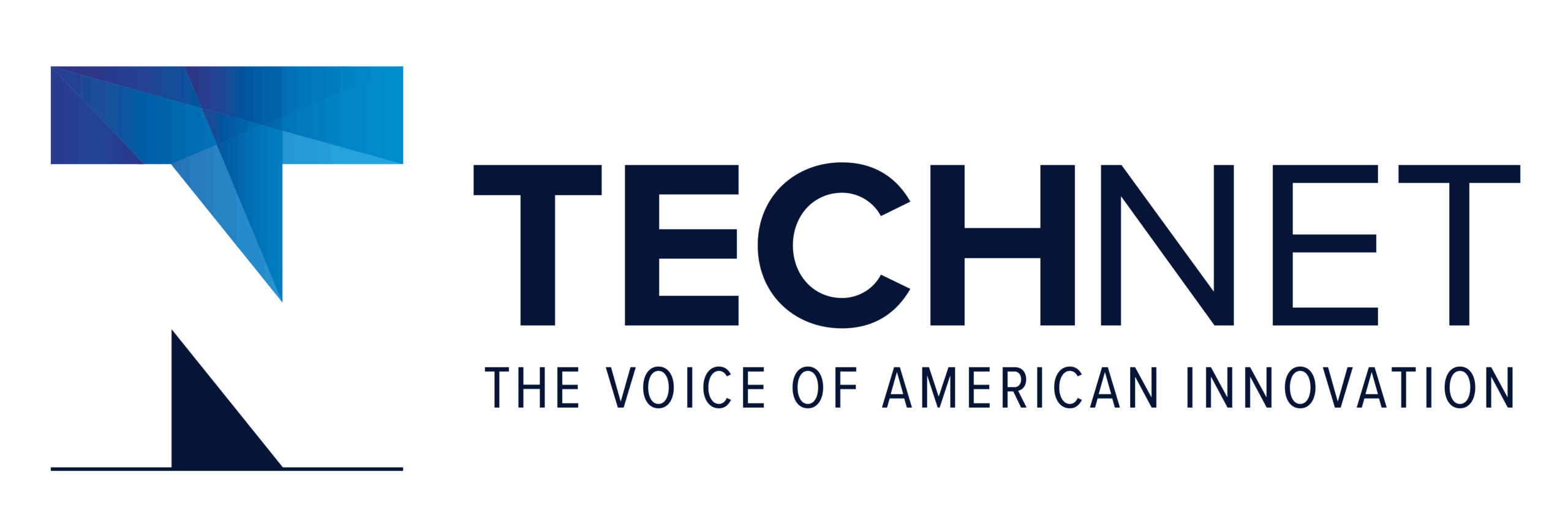CEO Linda Moore Outlines Actions to Modernize Outdated Rules, Harmonize Federal Standards, and Strengthen America’s Global AI Leadership
Washington, D.C. – TechNet, the national, bipartisan network of tech CEOs and senior executives, submitted comment from TechNet President and CEO Linda Moore in response to the White House Office of Science and Technology Policy’s (OSTP) Request for Information on Regulatory Reform on Artificial Intelligence.
“The United States has long been the world’s innovation engine, thanks to a policy environment that encourages investment, research, and entrepreneurial risk-taking,” said Moore. “To maintain this leadership in the age of AI, we must ensure our regulatory frameworks are as innovative and forward-looking as the technologies they govern. TechNet commends OSTP’s goal of identifying and modernizing outdated federal statutes, regulations, and administrative practices that unnecessarily hinder the responsible development, deployment, and adoption of AI technologies. America’s global competitiveness depends on maintaining leadership not only in AI research and innovation, but also in the regulatory systems that govern their use.”
TechNet’s letter outlines a roadmap to strengthen U.S. leadership in AI by aligning regulation with innovation and ensuring that government oversight keeps pace with technological change. The comment emphasizes that the United States’ leadership in AI depends on regulatory clarity, interagency coordination, and a unified federal approach that prevents a patchwork of conflicting state laws.
The letter recommends the following actions to foster responsible innovation and safeguard U.S. competitiveness:
- Modernize legacy regulations to make them technology-neutral and performance-based rather than prescriptive.
- Enhance regulatory clarity through consistent agency guidance, harmonized definitions, and adoption of NIST’s AI Risk Management Framework.
- Champion regulatory sandboxes and safe harbors that allow innovators to test and deploy AI responsibly under agency supervision.
- Invest in federal capacity by expanding AI expertise across agencies and creating programs like a National Digital Reserve Corps.
- Preempt the growing state patchwork of AI rules with a unified, federal regulatory framework.
- Combat international overregulation and promote a U.S.-led approach to interoperable, risk-based AI standards.
The comment also highlights sector-specific reforms that would accelerate the development and deployment of AI in healthcare, transportation, financial services, energy, and critical infrastructure, as well as recommendations for export controls, federal procurement, spectrum management, and copyright policy to ensure a cohesive, innovation-friendly AI ecosystem.
You can read TechNet’s full comment to OSTP on AI regulatory reform here.
